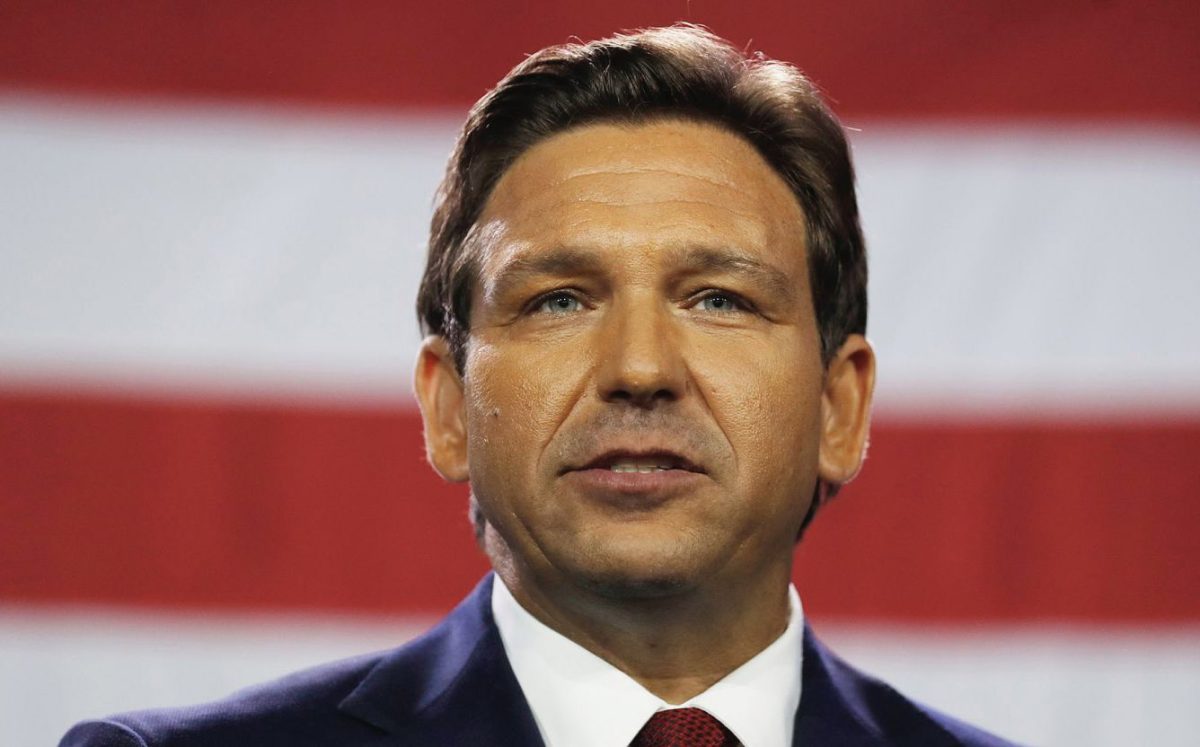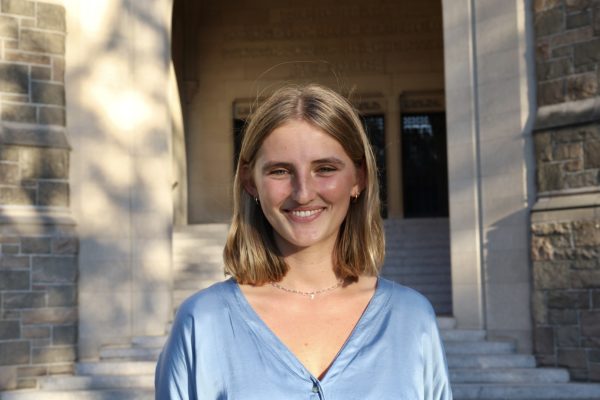Historically, public schools have been the cornerstones of robust education in American society. Yet in 2022, in the week before the U.S. House Republicans passed legislation supporting the Parental Bill of Rights, Florida principal Hope Carrasquilla was asked to resign from her position. Her crime? Allowing students to view a photo of Michelangelo’s “David” in class without giving adequate notice to parents.
As a result of Governor Ron DeSantis’s Parental Bill of Rights Act, new regulations are putting Florida educators under heavy pressure and national scrutiny. Originally passed in 2022, modifications to the act include requirements for permission slips for nearly anything imaginable — and at times, even unimaginable. Permission slips are now mandated for students to access library books, to be called by anything but their legal name and to receive medical attention at school. School nurses have been experiencing difficulties as a result of the new regulations, as stated by the Director of the Florida Association of School Nurses Lisa Kern, who claimed, “Nurses are spending most of their time trying to obtain permission [from parents]” for fixes as minor as bandaids and ice packs. It is hard to imagine any parent’s reasonable objection to a free and safe medical solution for their children’s playground injuries. At the basic convenience level, many Florida parents have expressed exasperation with the voluminous amounts of slips that now need to be signed, though this problem extends far beyond the flourish of a pen.
Through the regulation of student preferred names, as evidenced by permission slips in a recent New York Times article, DeSantis is strengthening the infrastructure supported by the so-called “Don’t Say Gay” laws, which prohibit classroom instruction on gender identity or sexual orientation. As the main — if not only — place students spend time outside of their homes, school should be a safe place for expression of identity, personality and beliefs. In requiring permission for something as minor as a name change to one that a student feels better represented by, many students may not only lose their connection with their classmates and teachers, but LGBTQ+ community members risk being outed to their families before they are ready.
When I was a public school student in California many years ago, the only times my parents ever had to sign a permission slip was for when my body was physically leaving the school campus, albeit under strict chaperone supervision. This use of permission slips was necessary and just a fun thing for students eagerly looking forward to their next field trip to bring home. Though it may be argued that increasingly regulated involvement for parents might encourage some to become more invested in their children’s education, I believe it will ultimately hinder the students’ ability to become independent individuals, as well as the teachers’ ability to confidently teach as they have been trained to do. This kind of surveillance and scrutiny places teachers in a very difficult bind — how can they ensure that, for example, a last-minute supplement to a lesson will be deemed “appropriate” by every single parent, teacher and member of the school board? A mainstay of education is its ability to present ideas and concepts that may be controversial or uncomfortable, but promote the development of its students as individual thinkers and learners that are open to different perspectives and ways of life. As students, we’re often reminded of the importance of getting out of our comfort zones and engaging in topics, experiences and viewpoints that present discomfort as the best way to learn and develop.
It is clear that DeSantis’s expanded parental rights bill is not one that will benefit the students it is so publicly trying to support, but rather the next step in an effort to minimize student expression and independence. This kind of educational censorship will only instill a culture of intolerance and aid and abet the cycles of misinformation. Educators are the most undervalued members of our society, and they should be trusted as such.
Many influential activists, politicians, creators, and successful business people credit their own teachers as inspirations and sources of personal growth. And remember Principal Carrasquilla? She was personally invited to Italy by the director of Florence’s Galleria dell’Accademia, for a private viewing of “David.” All thanks to the power of education.
Lusa Holmstrom, FCRH ’25, is an English and Spanish studies major from Venice, Calif.








































































































































































































